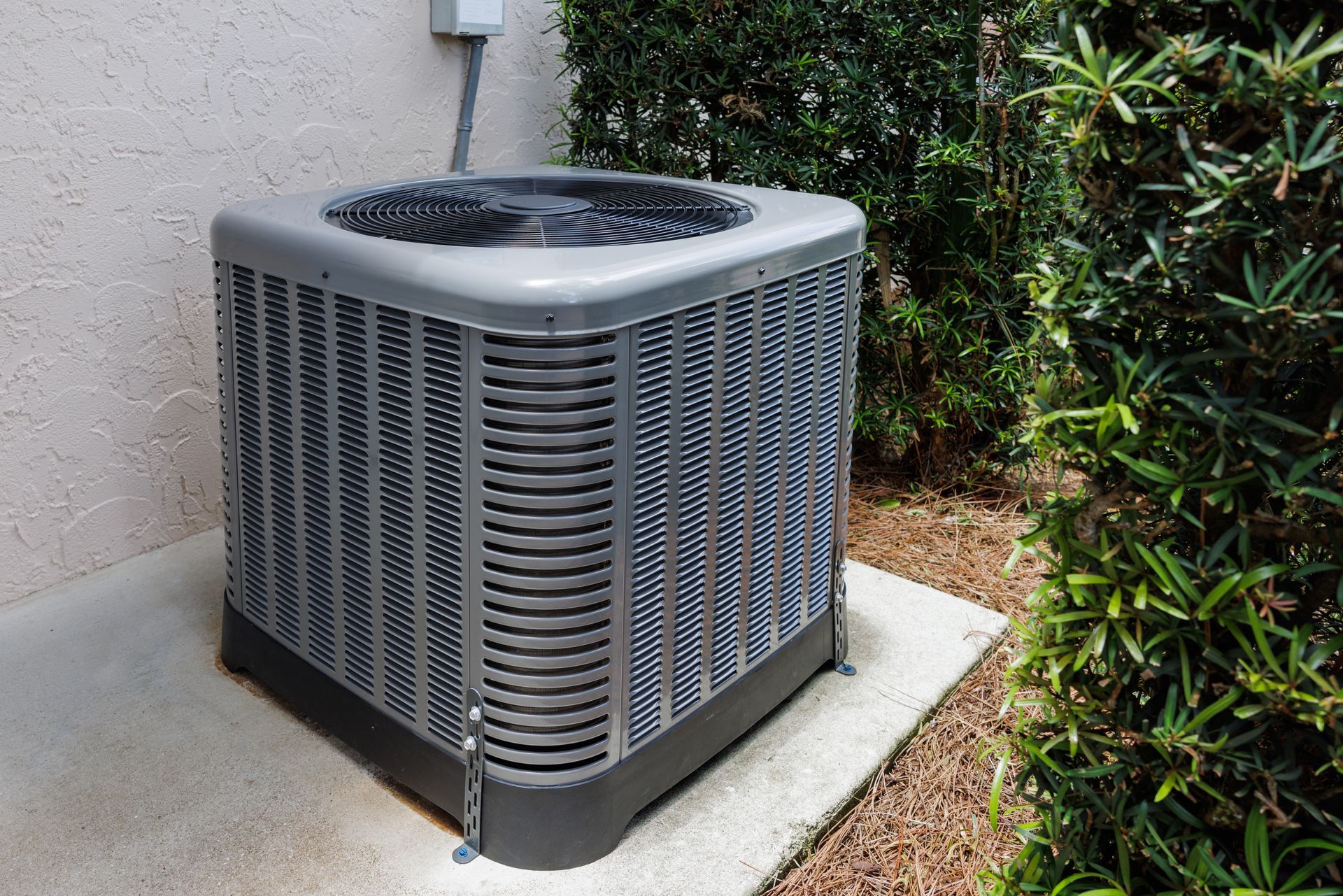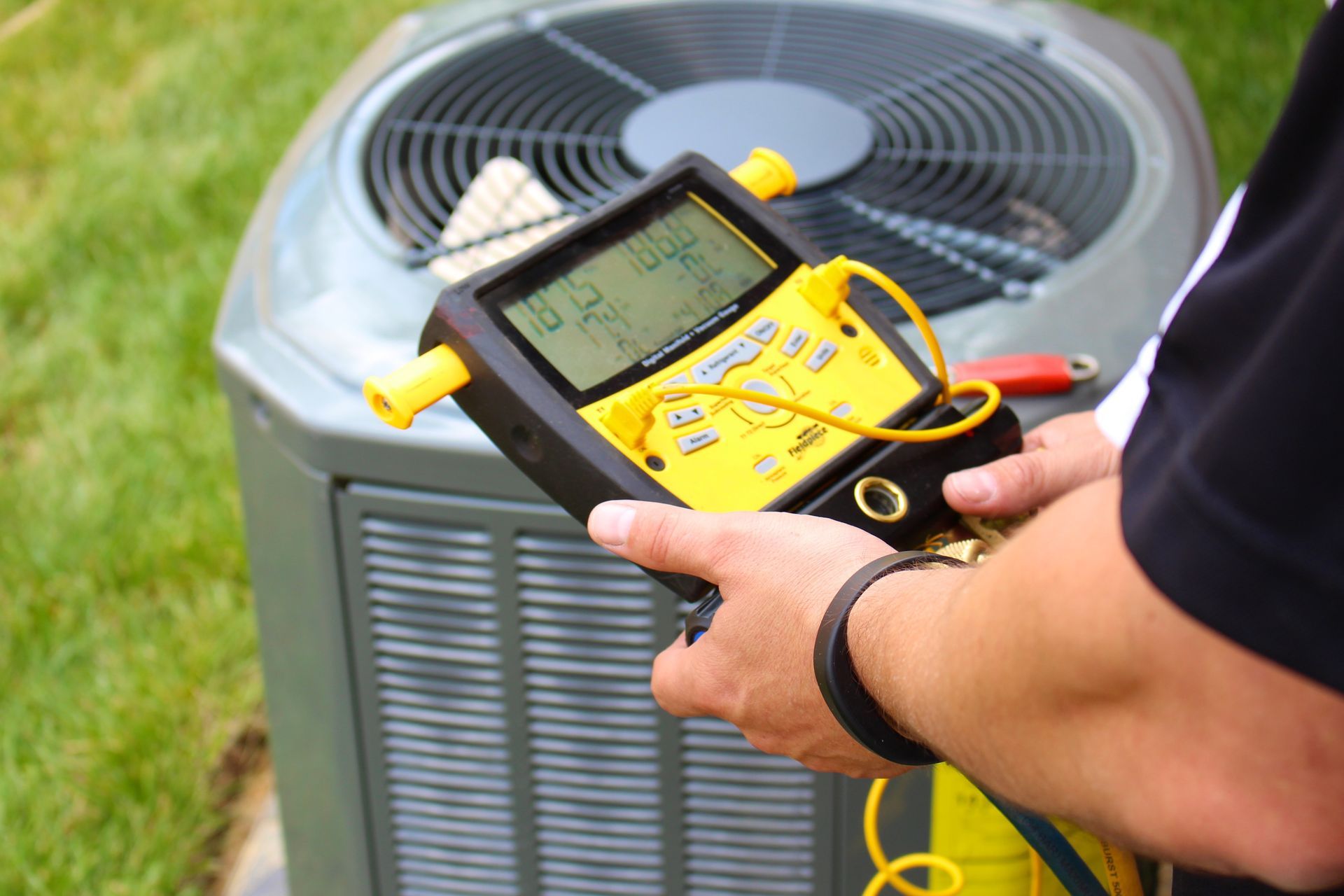The Latest in AC Technology: Innovations for Enhanced Comfort and Efficiency
As technology continues to evolve, the air conditioning industry is seeing significant advancements that improve comfort and control and focus on energy efficiency and environmental sustainability. New technologies are transforming how we cool our homes and workplaces, from smart thermostats to eco-friendly refrigerants and highly efficient models. This blog post explores some of the latest innovations in AC technology and their benefits.
Smart Thermostats: Intelligent Climate Control
One of the most significant advancements in air conditioning technology is the development of smart thermostats. These devices offer far more than simple temperature adjustments:
- Learning Capabilities: Smart thermostats can learn your preferences and schedule to automatically adjust the temperature, providing optimal comfort when you're home and saving energy when you're away.
- Remote Control: With a smart thermostat, you can control your home’s climate from your smartphone, tablet, or computer, no matter where you are. This is ideal for adjusting the settings before arriving home or monitoring your HVAC system while on vacation.
- Energy Usage Reports: These thermostats provide detailed feedback on your energy consumption, helping you understand your usage patterns and identify opportunities to save energy.
Eco-Friendly Refrigerants: Reducing Environmental Impact
The shift towards eco-friendly refrigerants is a response to the global need to reduce the environmental impact of traditional cooling agents. Older refrigerants, such as R-22, have been phased out due to their high ozone depletion potential and global warming effects. Newer refrigerants, like R-32 and R-410A, offer several benefits:
- Lower Global Warming Potential (GWP): These refrigerants have a significantly lower GWP, making them less harmful to the atmosphere in case of leaks.
- Improved Efficiency: Eco-friendly refrigerants can also contribute to the overall efficiency of air conditioning systems, reducing electricity consumption and lowering operating costs.
Energy-Efficient Models: Advanced Technologies for Better Performance
The latest air conditioning units are equipped with technologies that enhance their efficiency and performance, such as variable-speed compressors and improved heat exchangers:
- Variable-Speed Compressors: Unlike traditional compressors, which run only at full capacity, variable-speed versions adjust their output to match the cooling demand. This not only conserves energy but also maintains more consistent temperatures and reduces system wear.
- Enhanced Heat Exchangers: Modern AC units feature advanced heat exchangers that increase heat transfer efficiency while minimizing energy loss, leading to better cooling performance and reduced energy consumption.
Integration with Home Automation Systems
Today's air conditioners can be integrated with home automation systems, allowing for centralized control of various home systems, including lighting, security, and HVAC. This integration enables:
- Scenes and Routines: Set up "scenes" or routines that automatically adjust your AC, lights, and other systems based on the time of day, the ambient temperature, or even your activities.
- Voice Control: Compatible with voice assistants like Amazon Alexa, Google Assistant, and Siri, your AC can be controlled through simple voice commands, enhancing convenience and accessibility.
Conclusion
The advancements in AC technology not only cater to improving user experience through convenience and control but also emphasize sustainability and energy efficiency. By investing in these new technologies, homeowners and businesses can enjoy lower energy bills, a reduced carbon footprint, and a significant boost in comfort and convenience. As the technology continues to evolve, the future of air conditioning looks promising with even more innovative solutions on the horizon.

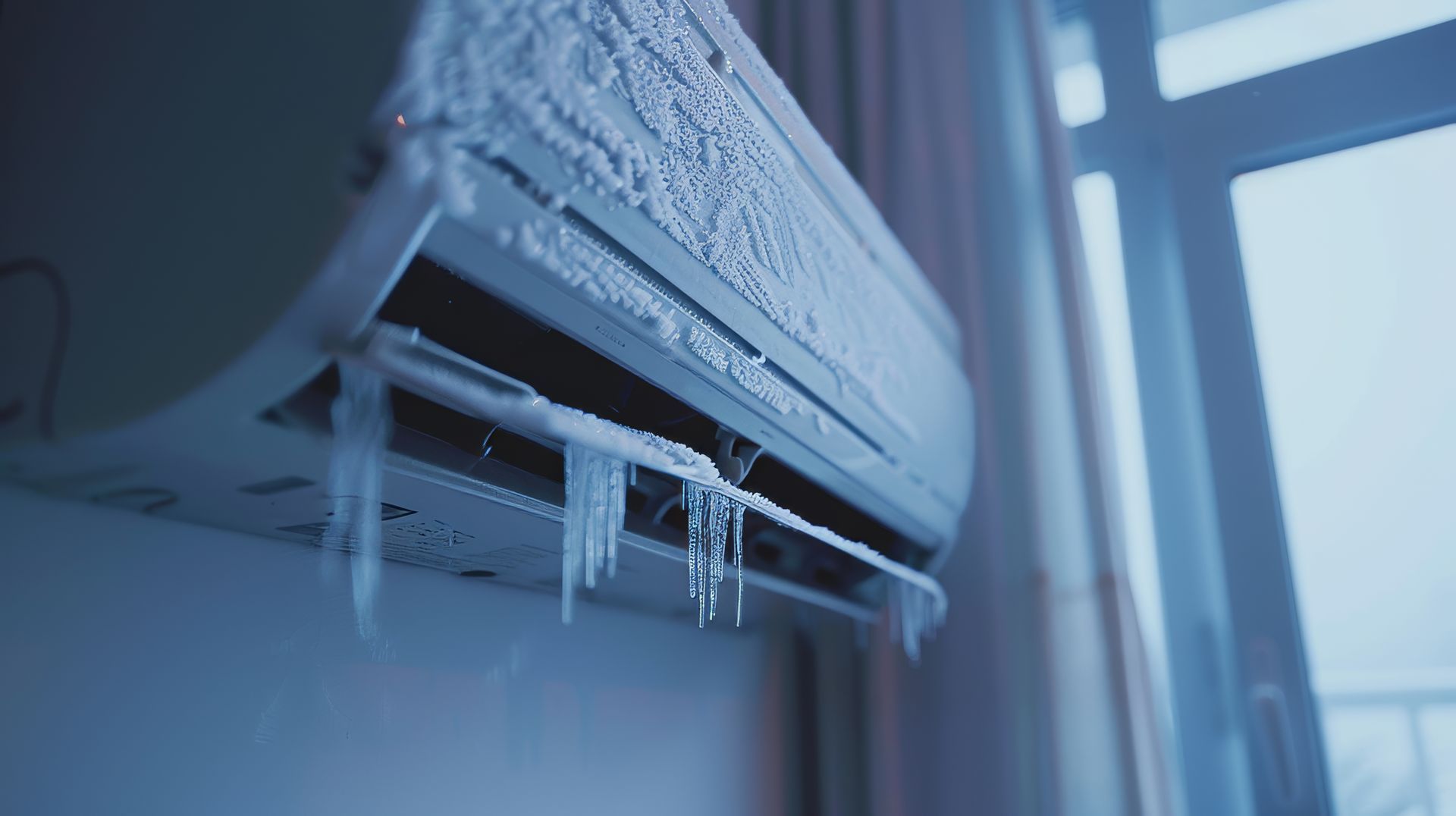
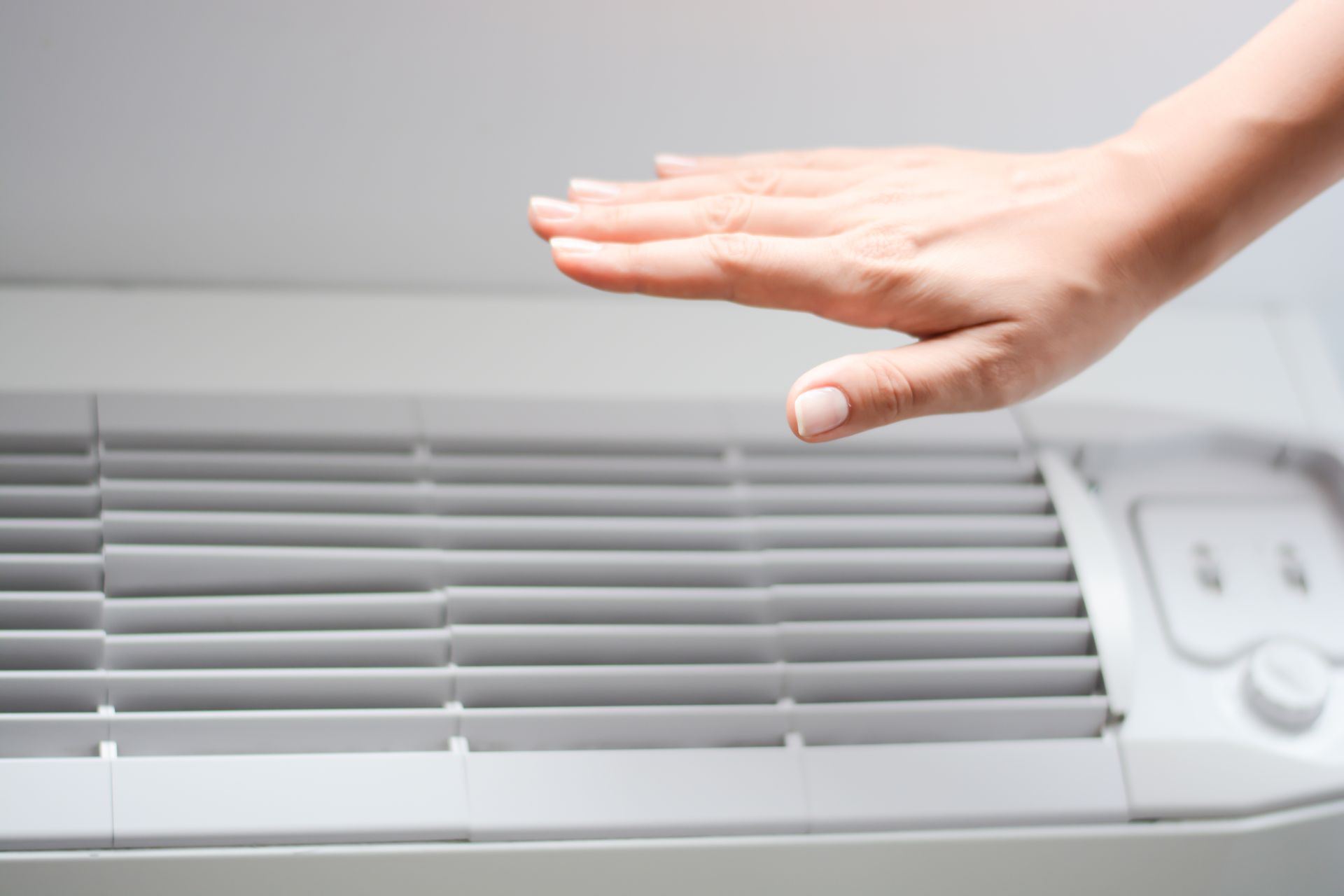
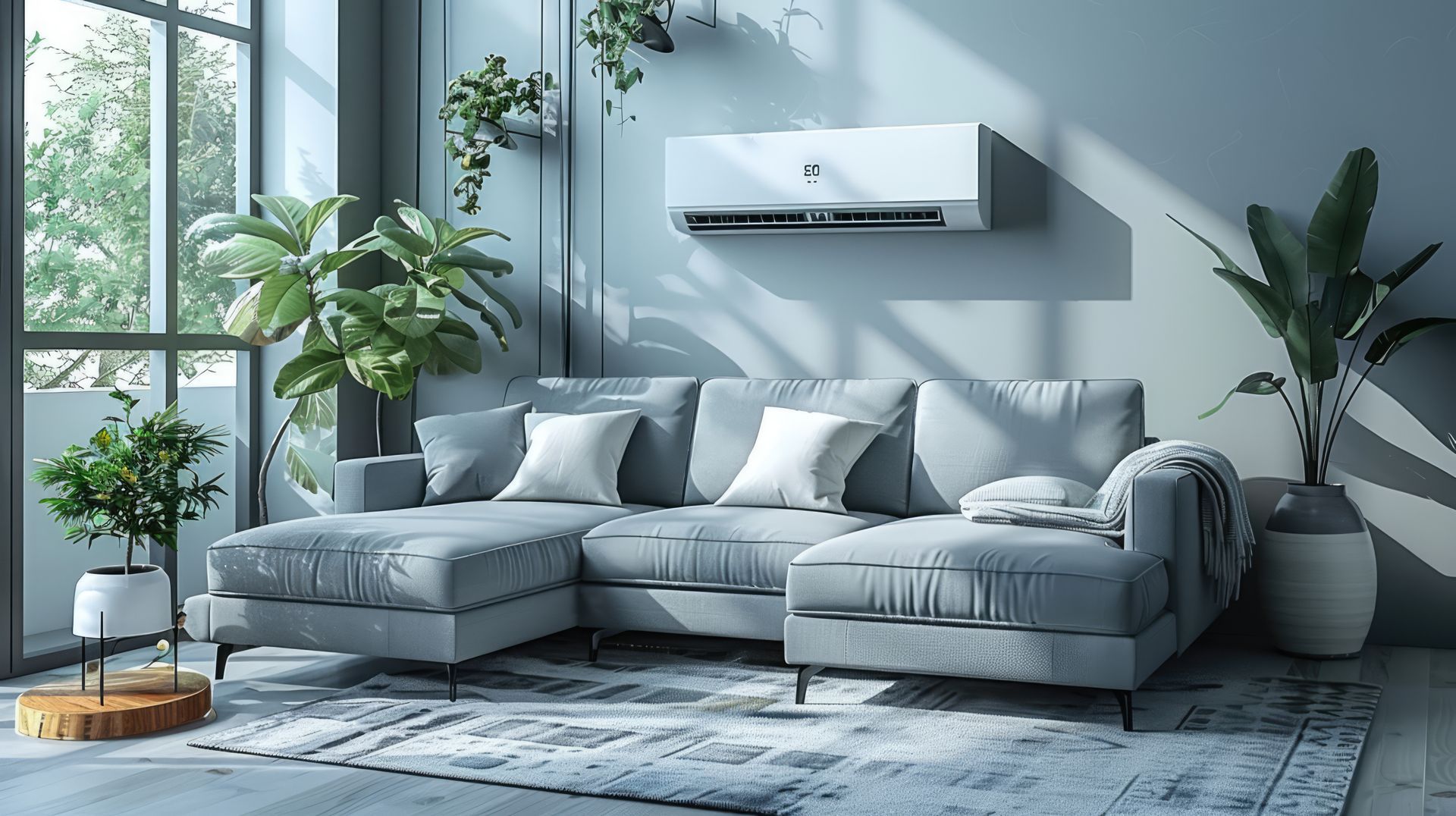
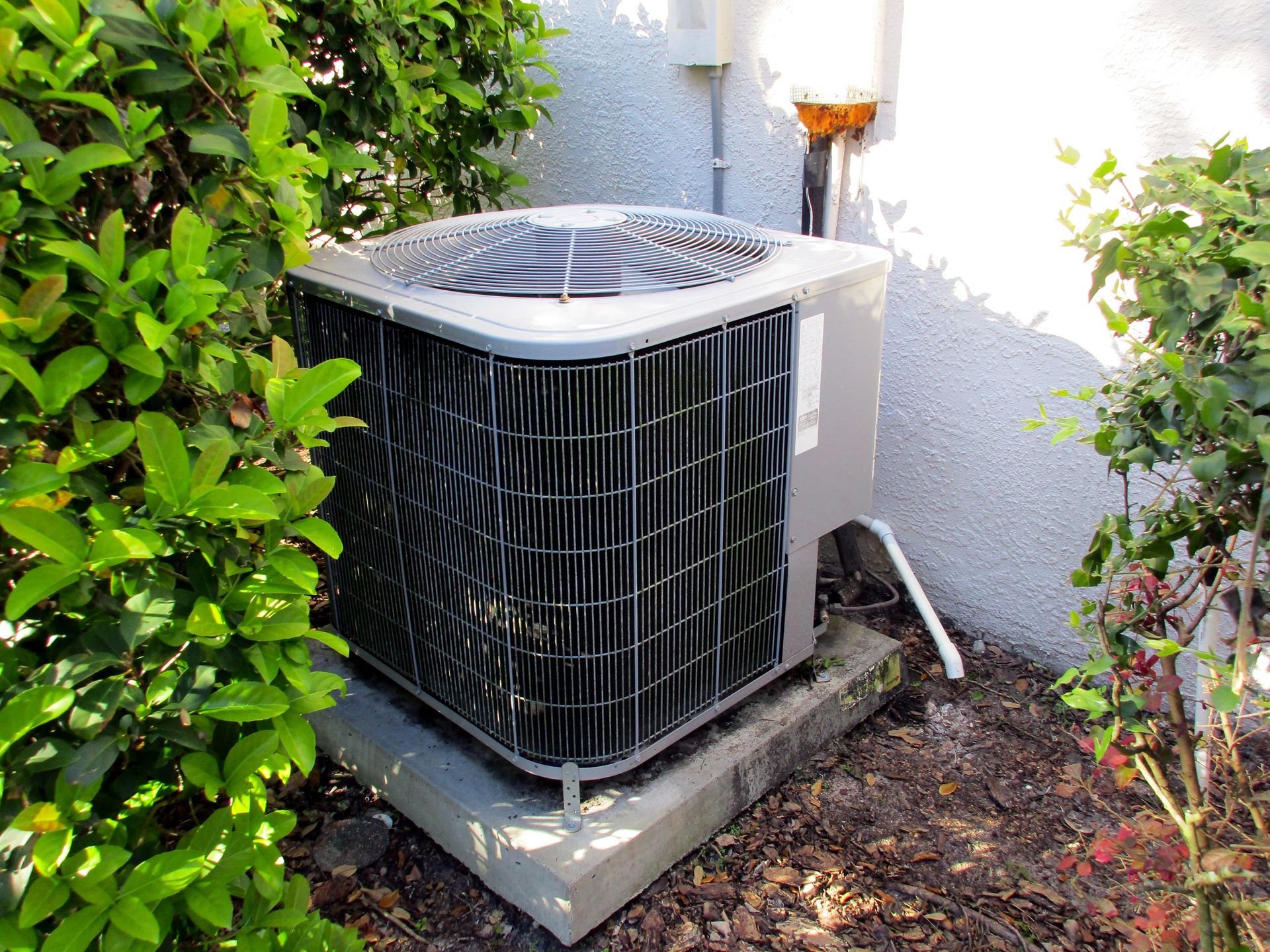
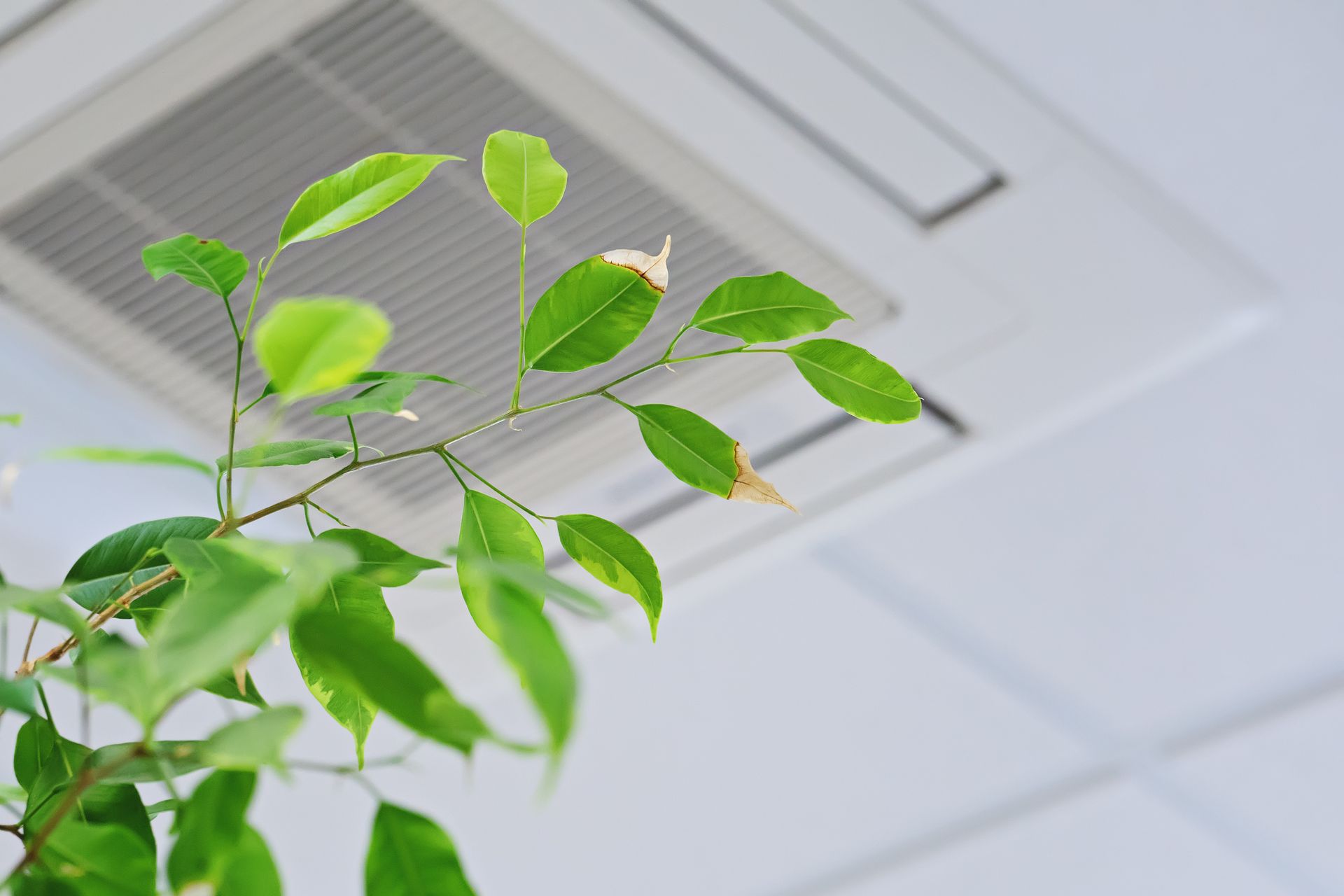
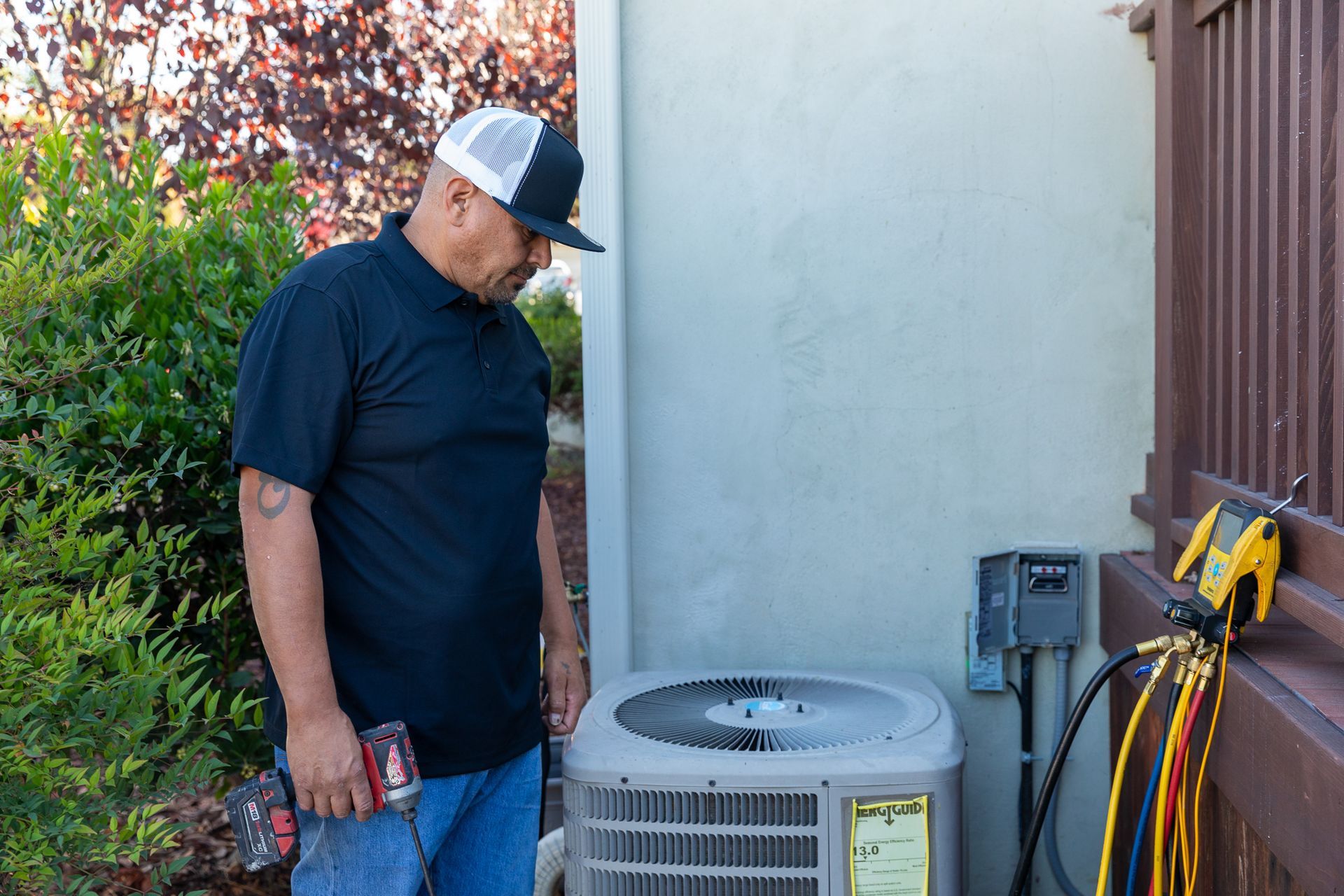
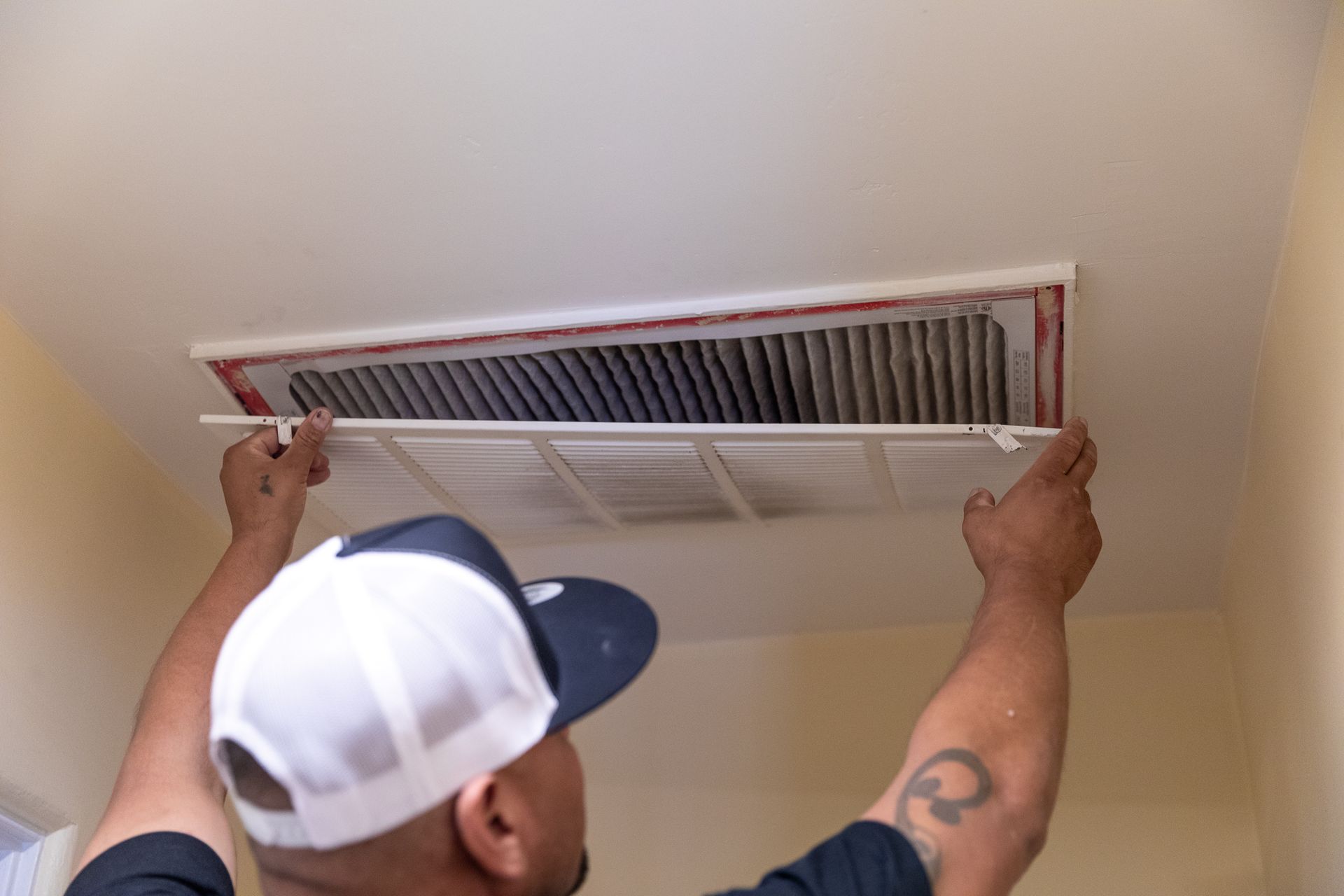
© 2023 AireCare Heating and Air. All rights reserved. Privacy Policy.

